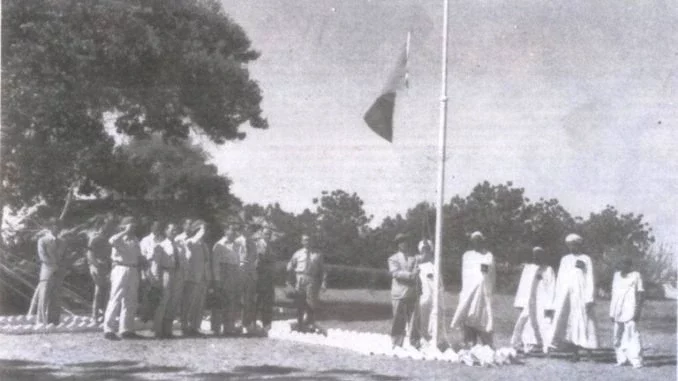
History has it that the former states of Kwara and Benue were divided to become Kogi State. In 1976, when states were created, a group of people who had previously coexisted as one polity for more than seven decades and who had a shared history came together to form the new state.
Other ethnic groups from Nigeria, such as the Kupa-Nupe, Hausa, Ebira, Igala, Igbo, Bini/Edo, and Tiv, have just lately established themselves in the region, whilst the Oworo, Bassa Nge, and Nupe are native inhabitants.
Thus, Lokoja is the capital city of Kogi State, created during former President, Ibrahim Babangida's administration. Whilst Kogi State was a colonial formation formerly known as Kabba Province, Lokoja is an ancient historical town that, according to history, served as the colonial administrative headquarters of Nigeria.
According to research, Lokoja is ranked as the third fastest growing African continent city between 2020 and 2025, and it is often referred to as one of the oldest towns in Nigeria.
Lokoja is located on the flank of the Mount Patti group of hills. History has it that as the settlement grows, it descends the horizon and encroaches upon the valley of the Niger River. Furthermore, it is situated where the Niger and Benue rivers meet. The River Niger borders the Kogi State Capital, which is quickly evolving into a modern city, on the north and east, the forested heights of Mount Patti on the west, and Ajaokuta on the south.
According to research, Lokoja takes up a space of twenty to thirty kilometres. The state capital, like most others in the nation, serves two purposes it serves as the Kogi Local Government Area's administrative centre.
In this piece, Torizone explores the history and culture of Lokoja, including the territory of the Lokoja people, their economy and political structure.
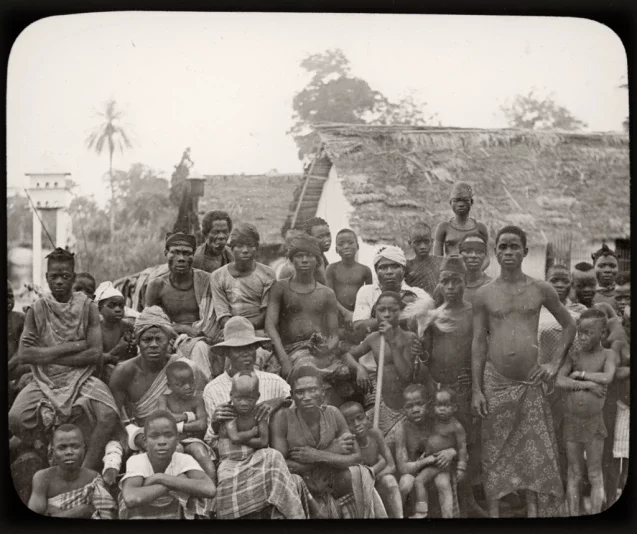
History
Before the arrival of the Europeans, individuals from several ethnic groups had lived in the area that would eventually become Lokoja for hundreds of years. Being close to the banks of the Niger and Benue rivers may have contributed to these communities' migrations to the area. The Hausa, the Nupe, and the Oworo people from Ile-Ife were some of the first ethnic groups to settle in Lokoja.
They are claimed to have moved to the junction of the Niger and Benue rivers from Baro and some areas of modern-day Niger State. This location eventually developed into a commercial hub. The Kupas and some of the Kakandas are two examples.
Meanwhile, the Hausas have historically held political positions appointed by the Nupe and Zazzau emirs, while the Nupe served as Lokoja's leading imam and as the community's religious leader. The following Maigari of Lokoja was in charge of Lokoja; Hamza, Dauda, Musa, Muhammadu Maikarfi. The British then appointed a Muslim convert by the name of Bukar, who according to history, had previously gone by the name Abigail, and was declared his home at Lokoja's Yaragi Madabo Junction to be the new Lokoja palace. Alhaji Yahaya Muhammadu Maikarfi eventually took over the job, and after his death, Alhaji Kabiru, his son, took it.
History has it that at Agbaja hill, the locals worked as farmers and hunters to support themselves. There are many hills near Lokoja, which were used for hunting. Thus, the names of hunters were written in Latin and Lokoja has an abundance of hills which were popular for hunting. It was said that the names of hunters were recorded and written on a tree at Mount Patti (the Nupe word for hill is "Patti").
At the time, it was recorded that Dr William Balfour Baikie assisted in promoting the exodus of the populace from their hillside communities when he first came to Lokoja in 1854 and then again in 1857. However, he accomplished this by swaying Muhammadu Maikarfi, the Maigari of Lokoja at the time. Abigail, who converted to Islam and took the name Bukar, who was largely regarded as a British stooge, replaced Muhammudu Maikarfi.
History has it that the Bassa-Nges think that when they first arrived in Lokoja, they first settled at the base of Mount Patti before going on and relocating to make their home across the Benue, just to the north of the Igalas. Whatever the circumstances, it is challenging to say with certainty which of these groups arrived in Lokoja town after the Oworos and settled there. Although they resided in various parts of the town, these various groups were closely tied sociopolitically, they tolerated one another and interacted easily.
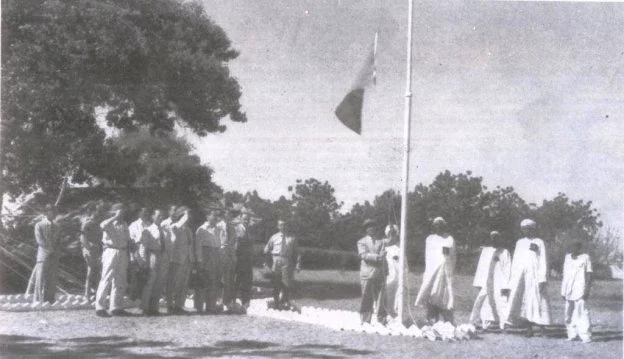
However, in the present day Lokoja, the Maigari is known as the chief of Lokoja and his 12 Hakimi are known as Sub chiefs, and they are currently ruling Lokoja. These Hakimis are said to have different local requirements. For instance, the Maigari has no jurisdiction over the Olu of Oworo, but he does have authority over Ganaja, Kwakware, Sarkin Numa, Adankolo, ward A to ward E and other villages of the Lokoja Holland.
The Europeans started their travels on African territory in the middle of the 1800s, and with these explorations came interest, their presence on Lokoja soil, and ultimately industrialization. When European traders established trade in Lokoja, that was the first indication of a foreign presence there for commercial reasons. Given that the city was close to two powerful rivers and had its own port, it was simple for them to execute this.
William Baikie was incorrectly credited by colonial history with founding the city that is now known as Lokoja; prior to his arrival, there was simply a vast area of land and a population that resided in the hills rather than the valley. According to colonial records, Scottish explorer Baikie persuaded the inhabitants to descend and settle on the plain that is now known as Lokoja. However, the reality is that Baikie met individuals in Lokoja, which is how he was able to live there.
During this period, the notorious division of the African continent between the superpowers of Europe and the granting of economic and administrative rights to the Royal Niger Company followed shortly after. The Royal Niger Company conglomerate, which was in charge of Lokoja and ensured the prosperity of the city's commerce, was given control of the regions surrounding the Niger by the British government. The Northern Protectorate's administrative centre was established in Lokoja, a city in what would eventually become Nigeria, because of its advantageous climatic conditions and strategic location.
From Lokoja, Sir Fredrick Lord Lugard served as the Administrator of the Northern Protectorate's High Commissioner. Later, in 1914, the Northern and Southern protectorates were amalgamated by Luard and the name "Nigeria" was coined by Flora Shaw. Although Lagos functioned as the initial official headquarters of the unified colony, the announcement of the merging of the protectorates into one colony was made in Lokoja, where Lord Lugard also resided.
However, as earlier mentioned, it can be deduced that it is evident that since the site of an earlier model farm built during the unsuccessful Niger voyage in 1841, one could say that the British explorer, William Baikie founded the current modern community at Lokoja in 1857. Meanwhile, Alhaji Muhammadu Maikarfi served as the chief of Lokoja at the time.
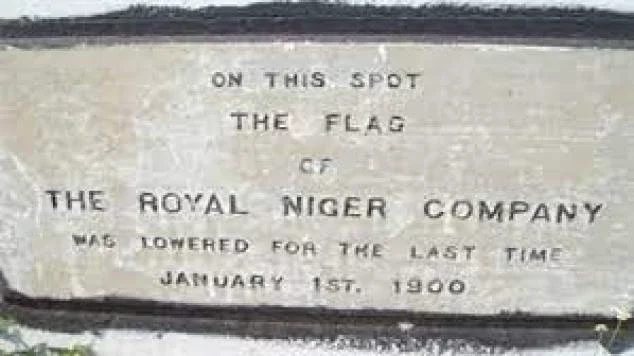
Territory
The town of Lokoja is located on the flank of the Mount Patti group of hills. As the settlement grows, it descends the horizon and encroaches upon the valley of the Niger River. It is situated where the Niger and Benue rivers meet.
The River Niger borders the Kogi State Capital, which is quickly evolving into a modern city, on the north and east, the forested heights of Mount Patti on the west, and Ajaokuta on the south. It takes up a space of twenty to thirty kilometres.
Lokoja is located at 6.7333° E east of the Meridian and 7.8023° North of the equator. As the crow flies, it is roughly 165 kilometres southwest of Abuja and 390 km northeast of Lagos. There are different densities of residential areas across the city, as well as suburbs including Felele, Adankolo, Otokiti, and Ganaja. The town is located in Nigeria's tropical Wet and Dry Savanna climate zone, where it is always hot.
Economy
According to research, cotton, leather, palm oil, and palm kernels are all gathered in the modern town and transported to the Niger delta ports of Burutu and Warri for export. The city serves as a commercial hub for the Igbira locals' crops of yams, cassava (manioc), corn (maize), beans, fish, palm products, shea nuts, and cotton.
During the dry season, Fulani ranchers from the north transport their cattle to Lokoja across the Niger. Important local activities include the processing of palm and shea kernels as well as cotton ginning and weaving.
The area also has limestone and iron deposits, and Mount Patti, the original location of Lokoja, is close. Mount Patti is a 1,349-foot (411-meter) high mountain of oolitic iron ore. Meanwhile, the New Market (International Market), the Old Market, and the Kpata Market are the three leading marketplaces in Lokoja. Every five days is market day at Kpata Market and New Market. Grain, produce, and common household items are the essential items offered in these marketplaces.
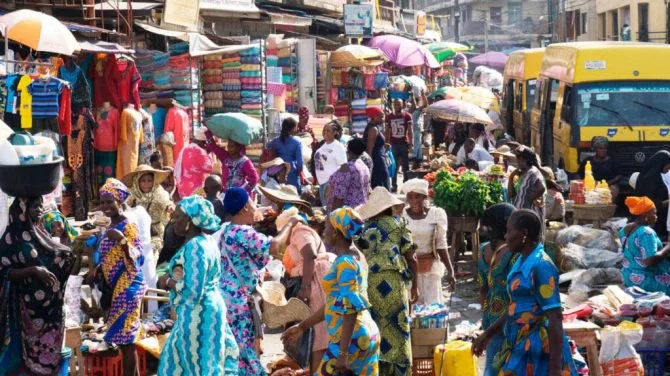
Culture and Religion
Due to the town's multiethnic makeup, each ethnic community can participate in a variety of festivals, events, and sociocultural activities. Therefore, no group can be regarded to have the most well-known festivals or sociocultural events. For instance, the Oworo people annually celebrate the Agbo masquerade celebration during the months of March and April.
While the fishermen in Lokoja often celebrate the Donkwo fishing festival, which also occurs in March or April, other Okuns also celebrate the Oro/Egungun holiday. Additionally, while not frequently, the Lokoja boat regatta is held on the occasion.
Furthermore, research reveals that Islam, Christianity, and indigenous religion are all practised in Lokoja. For worship, Muslims visit their mosques, while Christians visit their numerous churches. Christmas and Easter are Christian holidays, whereas Eid is a Muslim holiday.
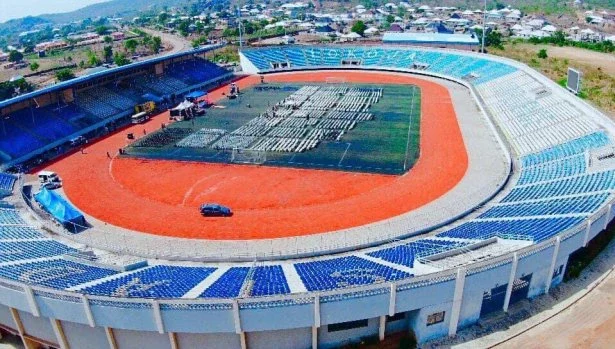
Modern-Day Lokoja
Government House, State Secretariat, Federal establishments, higher education institutions, stadia, industry, rising population, and a variety of other characteristics of state capital are currently present in Lokoja.
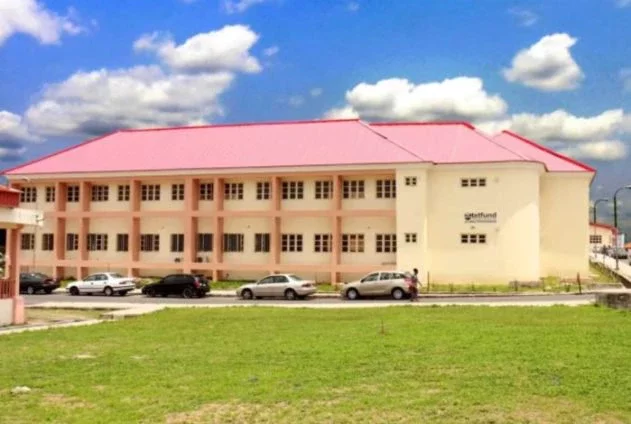
Despite Lokoja's noticeable level of growth, it will still take billions of naira to develop the State further and give it an appropriate makeover as the country's "Midland State" or "gateway." The State is fortunate to have a crop of committed, patriotic, altruistic, and forward-thinking leaders, despite the fact that funds are not easily accessible to ensure the rapid realization of this ideal.

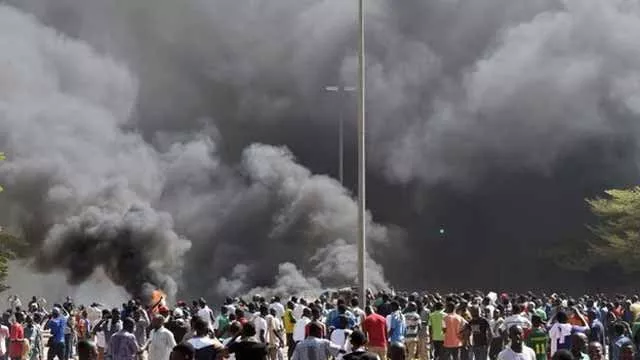
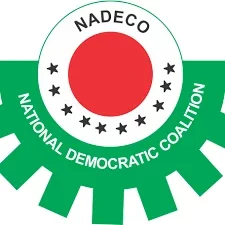
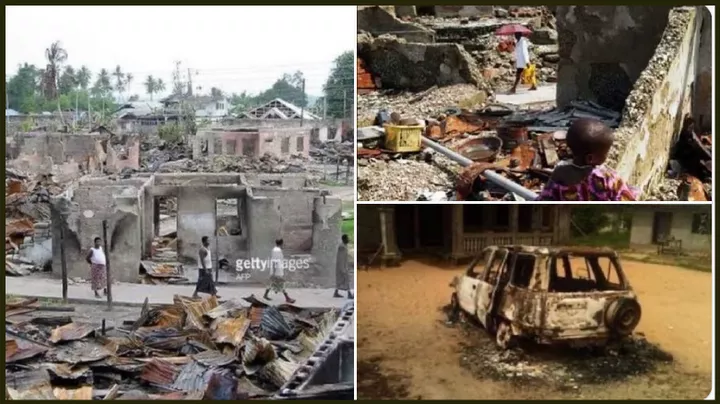
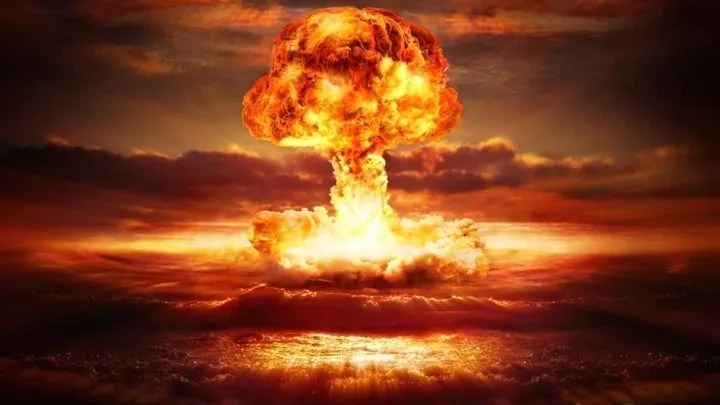
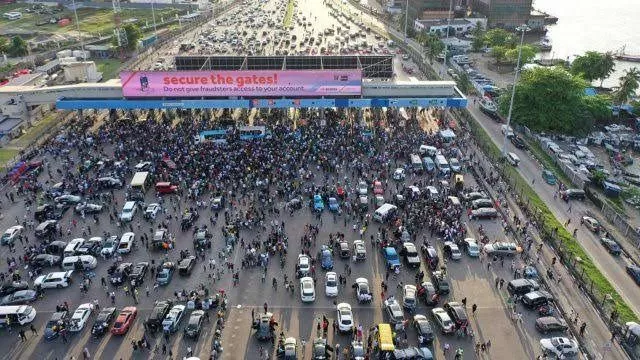
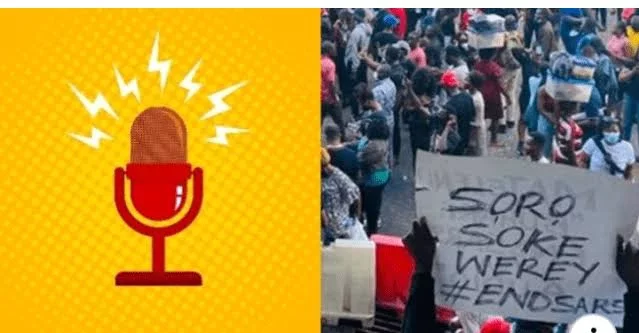



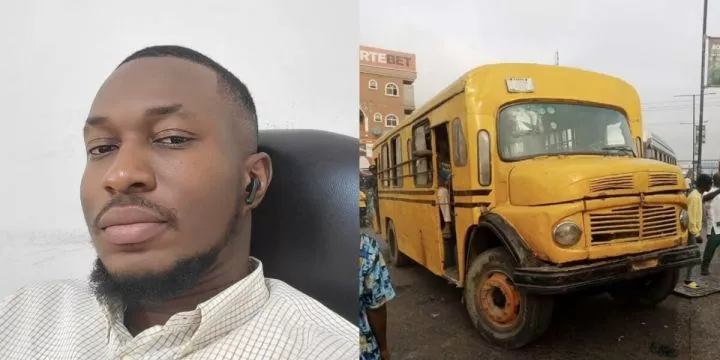


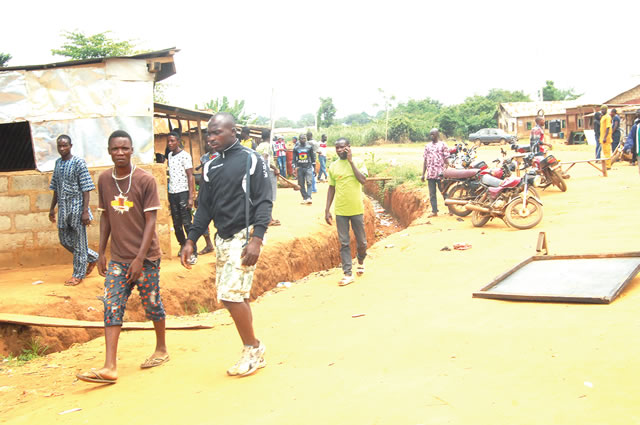
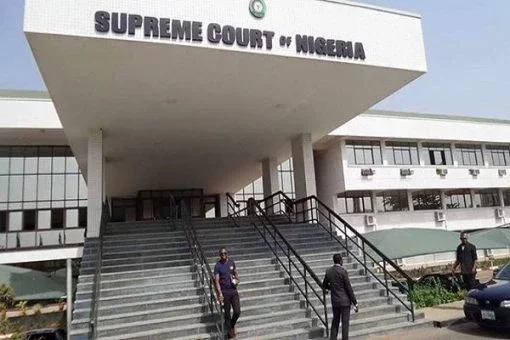


Comments